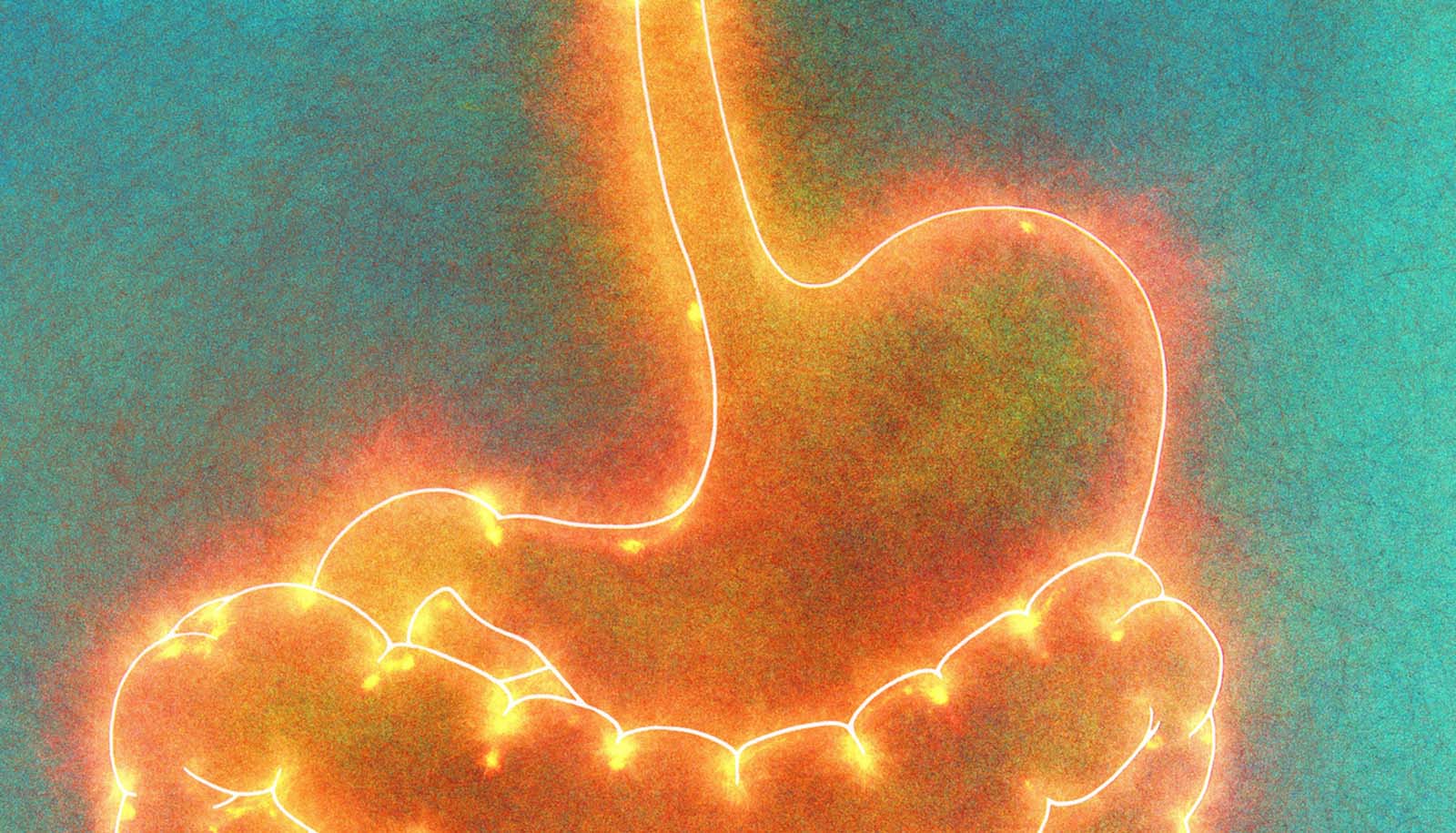Researchers have discovered a link between biological markers responsible for extreme exhaustion in patients with cancer and fatigue in people with Parkinson’s disease.
For a new study, which appears in Acta Neurologica Scandinavica, researchers examined blood samples from 47 patients with Parkinson’s disease, half of whom experienced high levels of fatigue—characterized by feeling severely tired, unable to engage in usual activities, and having difficulty engaging in work, socializing, and daily routines.
Although Parkinson’s disease is not fatal, patients often complain that fatigue is one of the most common and disabling side effects and a contributor to reduced quality of life, says lead author Chris Fagundes, an assistant professor of psychology at Rice University. “The No. 1 complaint among Parkinson’s disease sufferers is chronic fatigue.”
Researchers found that individuals with Parkinson’s disease who suffered from fatigue had elevated levels of the interleukin-1 receptor antagonist (IL-1RA) and vascular cell adhesion molecule 1 (VCAM-1) inflammatory biomarkers.
Elevated levels of inflammatory markers such as these are also linked to fatigue in patients with cancer. This is the one of the first times researchers have linked these biomarkers to fatigue in patients with Parkinson’s, Fagundes says.
His previous research focused on the link between specific biomarkers and cancer-related fatigue. The new study was a great opportunity to take work from one area and help a separate population, he says.
“This opportunity came about in an unexpected way,” Fagundes says. “I was invited to a symposium with a panel of world-renowned experts on Parkinson’s disease in Chicago. Although I had no expert knowledge related to this disease, I was invited because I have published on the biobehavioral mechanisms that underlie cancer-related fatigue. The panel was interested in my perspective.
Immunosuppressants may ward off Parkinson’s
“After presenting data related to what we know about cancer-related fatigue, we surmised it was possible that the mechanisms were similar. In collaboration with Karen Herlofson, a physician who treats patients with Parkinson’s in Western Europe, we carried out a study examining fatigue and inflammation in patients with Parkinson’s….”
The researchers hope the discovery will help health care providers target specific treatments that can lower the levels of the inflammatory biomarkers and in turn improve the quality of life for patients.
“This discovery may help health professionals to develop treatments that target the biological mechanisms underlying fatigue,” Fagundes says. “By targeting the biological mechanism rather than simply teaching patients how to cope with the symptoms, we could potentially alleviate fatigue in these patients.”
The best option for cancer fatigue isn’t a pill
Coauthors are from Brown University, the University of Texas MD Anderson Cancer Center, the Norwegian Centre for Movement Disorders, and Haukeland University.
The Parkinson’s Foundation funded the research.
Source: Rice University



